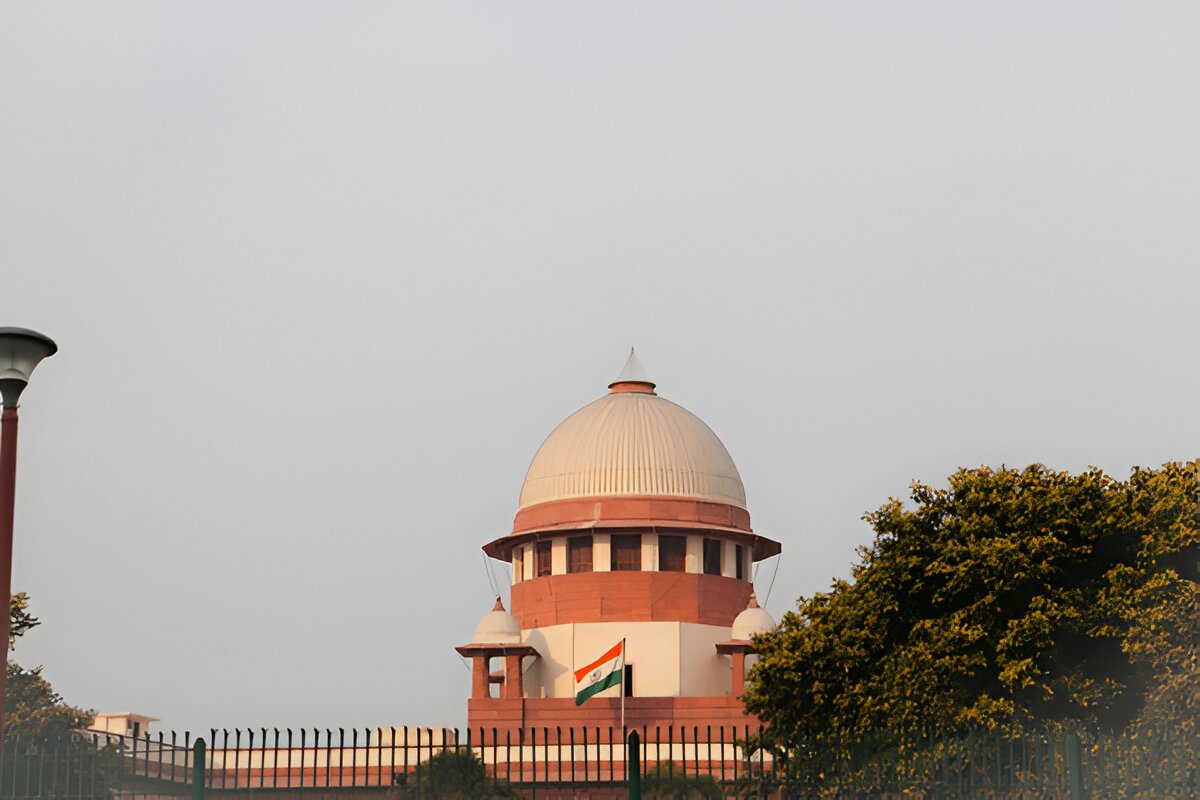Introduction
In this 2025 judgment, the Supreme Court reiterated that a compromise decree passed under Order 23 Rule 3 of the Code of Civil Procedure (CPC) can only be challenged by filing a recall application before the same court. A separate suit challenging the validity of the compromise on the ground of coercion or fraud is barred under Order 23 Rule 3A CPC.
- Order 23 Rule 3 CPC – Compromise of suit.
- Order 23 Rule 3A CPC – Bar to suit: No suit shall lie to set aside a decree on the ground that the compromise on which the decree is based was not lawful.
Facts of the Case
The case relates to a partition of joint family property, allegedly registered in the name of the appellants’ father. A compromise decree was passed involving this property. The appellants, legal heirs of the original party (their father), filed a separate suit seeking to declare the compromise decree as null and void. They alleged that their father was coerced by his brothers and father (the appellants' grandfather) into entering the compromise. The original party (father), however, never challenged the compromise or filed any recall application before his death. The trial court and the High Court dismissed the suit, relying on Order 23 Rule 3A CPC.
Issues Before the Court
- Whether a separate suit filed by the legal heirs of a party to a compromise decree is maintainable under Order 23 Rule 3A CPC?
- Whether the appellants could claim that the compromise was obtained by coercion, even though the original party (their father) never challenged the decree?
Contentions of the Petitioners
The appellants argued that the compromise deed was not lawful. Their father was allegedly coerced and unduly influenced into signing the compromise. They claimed that the property involved was self-acquired, not joint family property, and that their rightful share had been unfairly reduced. Since their father was deceased, they claimed the right to challenge the compromise decree now lay with them.
Contentions of the Respondents
The respondents argued that the compromise decree was lawful and passed with full consent. The original party (father) never filed any recall application and had even admitted the compromise. Under Order 23 Rule 3A CPC, a fresh suit to challenge a compromise decree is barred. The appellants, being legal heirs, could not do what their father chose not to do during his lifetime.
Court’s Analysis
The Supreme Court referred to Order 23 Rule 3A CPC, which expressly bars any separate suit to challenge the validity of a compromise decree. The Court emphasized that the only remedy is to file a recall application before the same court which passed the decree. The judgment highlighted that even if the compromise was under coercion, the original party (father) should have taken action. Since the father never filed a recall application, the appellants' suit was not maintainable. The Court also noted that the father admitted the compromise decree and never questioned it. The High Court and Trial Court were right in dismissing the suit.
Conclusion
The Supreme Court dismissed the appeal. It held that a legal heir cannot file a fresh suit to challenge a compromise decree under Order 23 Rule 3A CPC when the original party did not take any steps to challenge the decree. This judgment reaffirms the legal position that compromise decrees can only be challenged by recall applications and not by independent suits.

